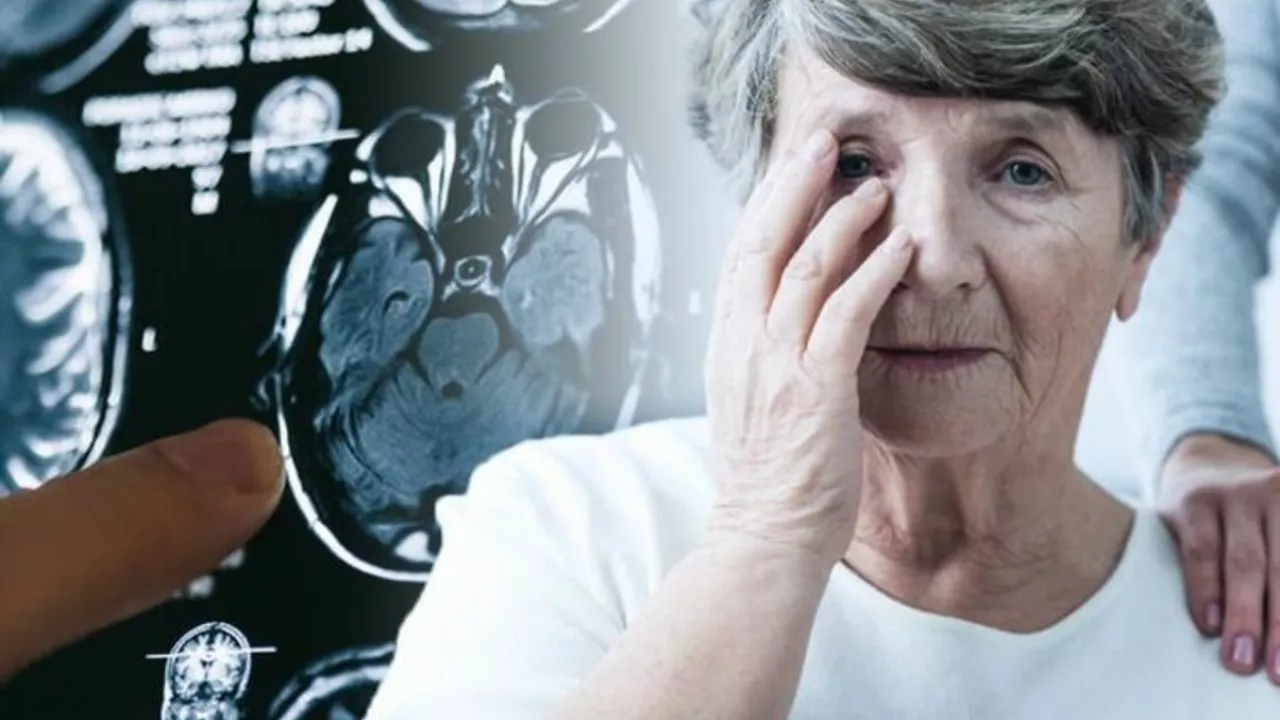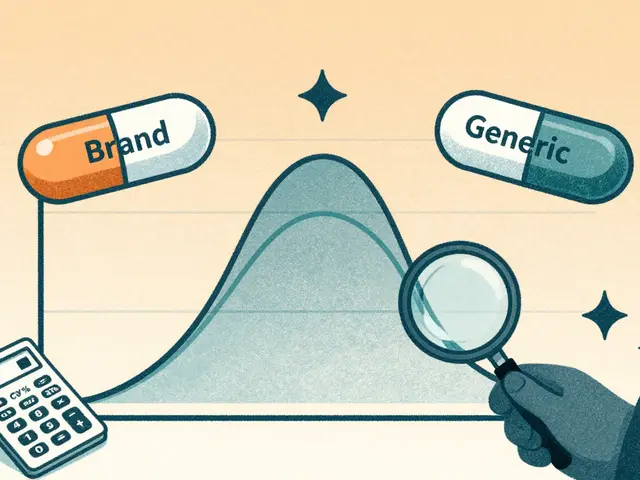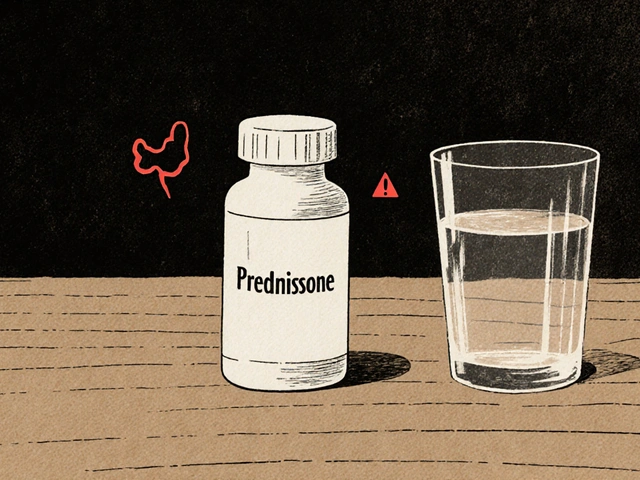Alzheimer's disease: signs, tests, and clear steps you can take today
Worried about memory slips or confused about next steps after a diagnosis? Start here. This guide lays out what to watch for, how doctors check for Alzheimer’s, treatment options, and everyday tips that actually help families and carers cope.
Early signs and how it's diagnosed
Early Alzheimer’s often looks like short-term memory problems: forgetting recent conversations, repeating questions, or losing track of appointments. You might also notice trouble finding words, misplacing things, getting lost on familiar routes, or changes in mood and judgment.
If you suspect Alzheimer’s, see your GP first. A doctor will ask about symptoms and daily function, run simple memory tests, review medicines and health history, and often order blood tests to rule out other causes. Many people also get brain imaging (MRI or CT) and a referral to a memory clinic or neurologist for a fuller assessment. These steps help tell Alzheimer’s apart from treatable issues like vitamin deficiencies, thyroid problems, or certain medications.
Care, treatment and practical steps
There’s no cure yet, but some medicines can reduce symptoms for months or years in some people. Common drugs include donepezil, rivastigmine, galantamine, and memantine. They don’t stop the disease, but they can help memory, thinking, or daily function for a while. Talk with your doctor about benefits, side effects, and whether a trial of medication makes sense.
Simple daily actions matter a lot. Keep routines predictable, use calendars and labels, and remove hazards (loose rugs, poor lighting). Build easy reminders on phones and place important items like keys in the same spot. Encourage regular sleep, light exercise like walking, and simple brain-stimulating activities—puzzles, music, or looking at photos together.
Plan ahead legally and financially while the person can still take part. That includes powers of attorney, wills, and discussing care preferences. These conversations are hard but save stress later.
Caregivers need support too. Join a local support group, ask family members to share tasks, and use respite care when needed. Burnout is common; getting help early keeps care safe and sustainable.
Watch for warning signs that need urgent attention: sudden confusion, new severe weakness, trouble speaking, or serious falls. Those may signal a stroke, infection, or other treatable problems—call emergency services or your doctor right away.
Ask about memory clinics, occupational therapy for daily skills, and clinical trials if you want to explore newer treatments. Specialists can help build a realistic care plan and connect you with local resources and community programs.
Alzheimer’s changes life, but clear steps—early diagnosis, simple home changes, medical follow-up, and planning—make daily life safer and more manageable for everyone involved.










